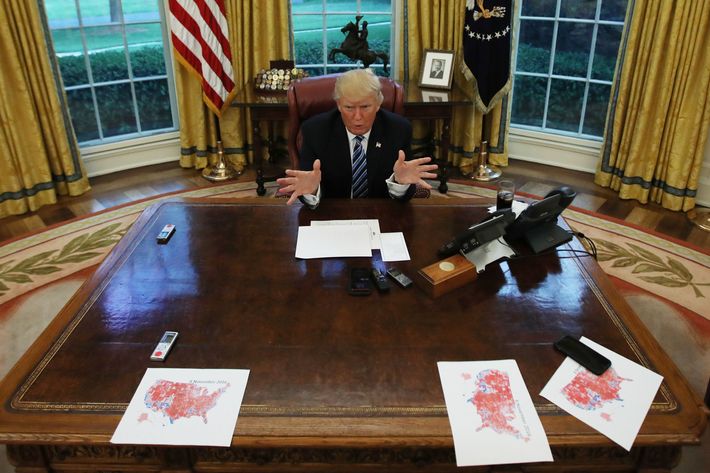Memorable lines delivered by Hasan Minhaz at the White House Correspondents Dinner:
On Vladimir Putin:
"We have to address the elephant not in the room. The leader of our country is not here. But that's because he's in Moscow."
On Trump's frequent golfing outings:
"Every time Trump goes golfing, the headline should read, 'Trump golfing. Apocalypse delayed. Take the W.'"
The Necessity of Marginalia in the Age of the Ebook

Francis Bacon once remarked, “some books are to be tasted, others to be swallowed, and some few to be chewed and digested.”
Reading and writing often go hand in hand. Reading is not a passive skill but rather an active one.
One of the ways we chew and digest what we're reading is to comment on something someone else has written. We do this through Marginalia — the broken fragments of thought that appear scribbled in the margins of books. These fragments help us connect ideas, translate jargon, and spur critical thinking. (One notable downside though, giving away books becomes harder because often these fragments are intimate arrows into my thinking.)
In the world of ebooks, the future of marginalia and reading looks different. With electronic reading devices, the ease of inserting these thought fragments has diminished. I have Kindle and while I'm trying to use it more, there are issues. By the time I've highlighted a section, clicked on make a note, and labored intensively at the keyboard, I've often lost the very thought I was trying to capture. (Ebooks, however, make certain things easier, like searching.)
This excerpt from How to Read a Book, written in the 40s, captures the necessity of marginalia to reading.
When you buy a book, you establish a property right in it, just as you do in clothes or furniture when you buy and pay for them. But the act of purchase is actually only the prelude to possession in the case of a book. Full ownership of a book only comes when you have made it a part of yourself, and the best way to make yourself a part of it— which comes to the same thing— is by writing in it.Why is marking a book indispensable to reading it? First, it keeps you awake— not merely conscious, but wide awake. Second, reading, if it is active , is thinking, and thinking tends to express itself in words, spoken or written. The person who says he knows what he thinks but cannot express it usually does not know what he thinks. Third, writing your reactions down helps you to remember the thoughts of the author.Reading a book should be a conversation between you and the author. Presumably he knows more about the subject than you do; if not, you probably should not be bothering with his book. But understanding is a two-way operation; the learner has to question himself and question the teacher. He even has to be willing to argue with the teacher, once he understands what the teacher is saying. Marking a book is literally an expression of your differences or your agreements with the author. It is the highest respect you can pay him.
Follow your curiosity to the pleasures of reading in an age of distraction, how to read a book, and a process for taking notes while reading.

